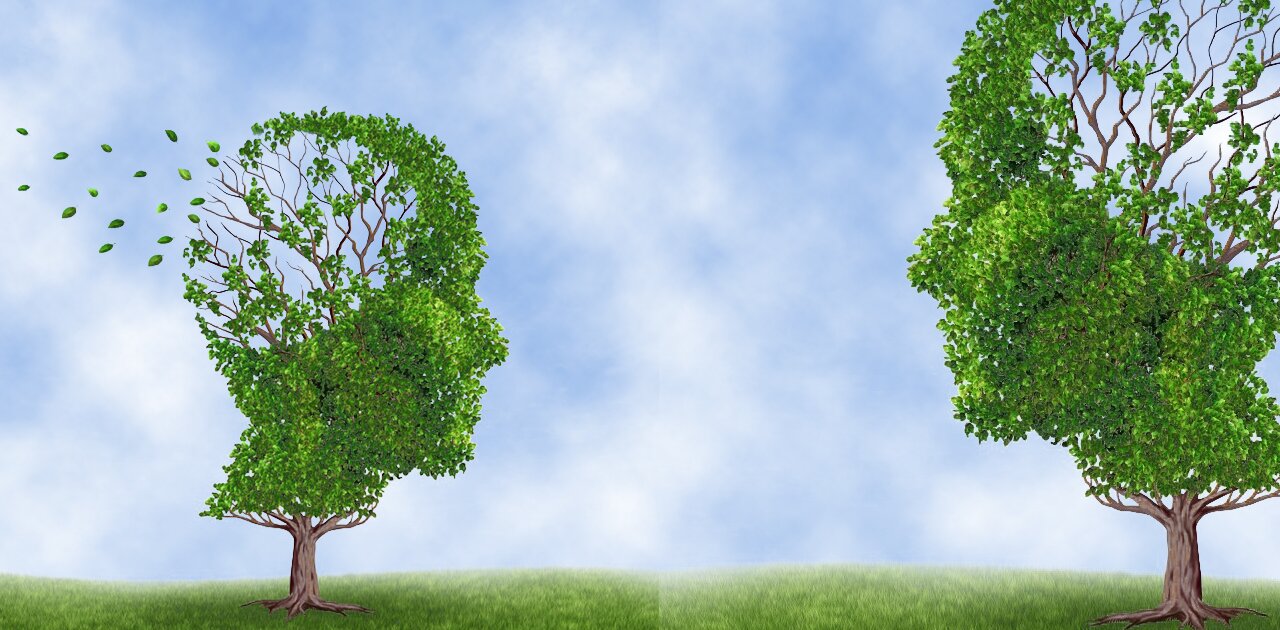What is dementia?
The term dementia describes a group of neurodegenerative diseases that are all caused by a progressive disintegration of nerve cells in the brain. It mainly affects memory and thinking abilities and may result in considerable changes in mood and behaviour. People suffering from dementia have difficulty performing everyday tasks and at a later stage may forget where they are. In addition, at later stages, they may even fail to recognise their relatives. Dementia affects 1 in 20 people over the age of 65 and 1 in 5 over the age of 80.
Alzheimer’s Disease
Alzheimer’s disease is the most common form of dementia, accounting for more than 50% of all cases worldwide. According to the World Alzheimer report of 2010, 35.6 million people currently have dementia worldwide and it is estimated that the number of cases will triple by 2050.
Social and financial implications
Dementia also has considerable social and economic effects. The majority of people with dementia live at home and are cared for by loved ones. Consequently, relatives may need to give up paid jobs to care for them. Medication for dementia, professional care and informal care by relatives causes a considerable financial drain on the healthcare system. In 2010, the total estimated cost of dementia worldwide was USD 604 billion, with the majority of the costs incurred by industrialised nations.
World Alzheimer’s Month
As fighting dementia is one of the greatest health challenges of our time, the month September has been proclaimed World Alzheimer’s Month by Alzheimer’s Disease International. Over the next few weeks, www.HorizonHealth.eu will highlight advances in research on Alzheimer's disease and dementia in general.
Visit www.HorizonHealth.eu for updates on the latest dementia-related research in the EU.
Check the In Focus article about another neurodegenerative disease: 'Worldwide Attention to Parkinson’s disease'.



Comments
Nice http://playgroundtilesuk.co.uk/
Nice to see your post . You did really well work. I appreciate your hard working. Health point of view your post too good. Buy in low price our playground tiles from Playgroundtilesuk.co.uk
http://ucapankata.blog.com
http://ucapankata.blog.com/http://ucapanindahku.jimdo.com/http://katagau...
http://katagaulku46.blog.fc2
http://katagaulku46.blog.fc2.com/http://ucapanindahku.jimdo.com/http://u...
http://ucapankata.blog.com/
http://ucapankata.blog.com/
https://amatbersedih
https://amatbersedih.wordpress.com/
http://ucapanpagi.tumblr.com/
http://ucapanpagi.tumblr.com/
Add new comment